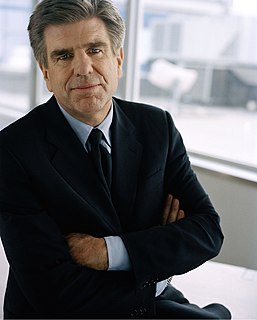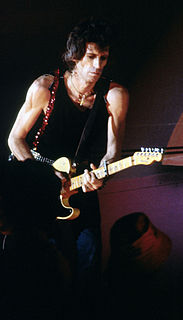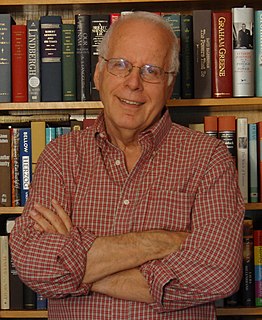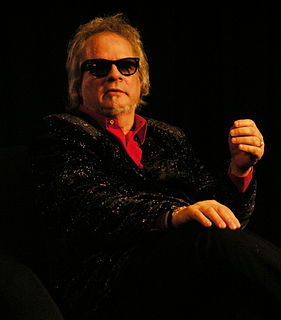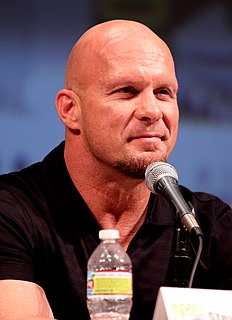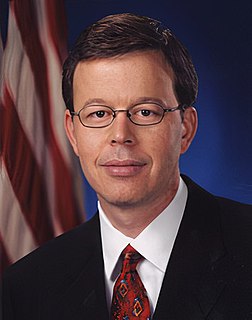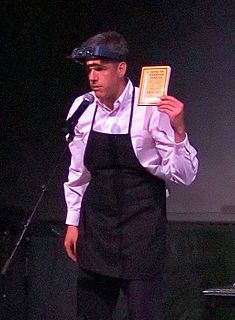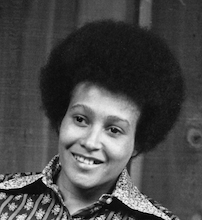Top 1200 Rolling Stone Quotes & Sayings - Page 2
Explore popular Rolling Stone quotes.
Last updated on April 15, 2025.
I measure success in terms of the connection with the audience, which we've been able to do in spades. I mean, it's very hard to do that. You think about it, you go back in time, you can say, 'Well, there's, like, 'Saturday Night Live' and 'Rolling Stone' or 'MTV.' I think 'Vice' is in that category now.
I've had my ups and downs, and I definitely have a sense - in America, especially - that once you've made your mark and gotten your Rolling Stone piece and your Grammy nomination, that they're on to the next piece of meat, and they don't necessarily like to follow the twists and turns of an artistic career.
I don't want to be the cranky old guy, but a lot of critics are too forgiving of mediocre artists. When you see these 'American Idol' people on the cover of 'Rolling Stone' being written about as serious artists, there's something wrong with that. You can erase them from the history of rock n' roll, and you wouldn't notice.
Even somebody like Bill Clinton, who I happen to admire very much, the second he was out of office, I remember, he was interview in Rolling Stone and he said he thought we should have legalized marijuana. And I thought, gosh, if only you were in some sort of position to affect change in the last eight years where you could have done something about that.
In June 2010, after more than 38 years in uniform, in the midst of commanding a 46-nation coalition in a complex war in Afghanistan, my world changed suddenly - and profoundly. An article in 'Rolling Stone' magazine depicting me, and people I admired, in a manner that felt as unfamiliar as it was unfair, ignited a firestorm.
The very funny thing about "Like A Rolling Stone" is it was a six minute song, there was no music to read from. And there I was playing this unfamiliar instrument. So I would come in on the upbeat of one. I would wait until the band played the chord, and then as quickly as I could come in play the chord.
Every now and then, I have blissful moments of thanking God for all the amazing things that are happening. When I leave the White House after just meeting Obama or when I see my face on the cover of 'Rolling Stone' or when I meet someone who tells me that their daughter is inspired by me, those are moments that are incredibly joyful.
It's pretty crazy. I was thinking about that today, how 'True Blood' has penetrated so much of the cultural zeitgeist. It's truly amazing; it's incredible! The cover of 'Rolling Stone' is major. What's next, the cover of 'Vanity Fair?' When I'm in a 'New Yorker' cartoon, then I will feel like I have made it.
I measure success in terms of the connection with the audience, which we've been able to do in spades. I mean, it's very hard to do that. You think about it, you go back in time, you can say, "Well, there's, like, 'Saturday Night Live' and 'Rolling Stone' or MTV." I think 'Vice' is in that category now.
My personal belief is we should not bow to any object. But Islam was aware of this human weakness and fulfilled that need through Haj to kiss a stone. A stone is a stone but the vacuum was filled and it became the holiest object. I have performed Haj and seen the devotion of people braving stampedes only to kiss that stone.
I have quite a bit of experience reporting on corporate behavior, both doing it with independent operations in early in my career, in the underground press, to magazines like 'Rolling Stone,' to regional newspapers and television, and television news programs, to papers like the 'New York Times' and public television.
I saw 'Rolling Stone' magazine once, and they were talking about the top 50 songs, and there wasn't one Sly song; how does that happen? But, Sly isn't the type to brown nose for props. He's always known what he had, what he was capable of; I'm just proud that he took the time and effort to put it to music.











